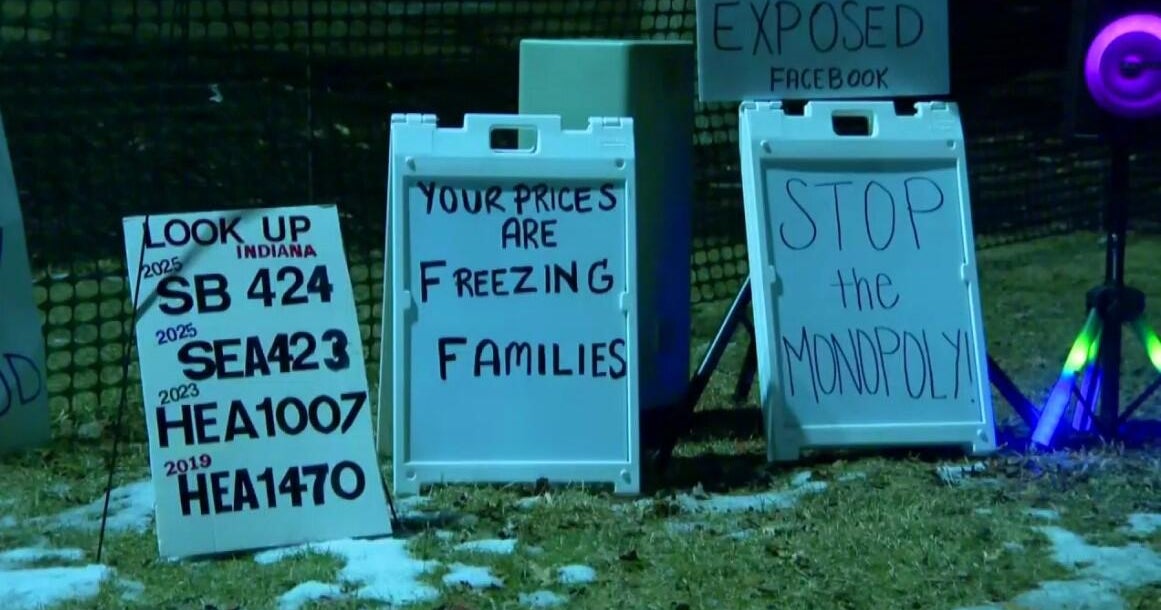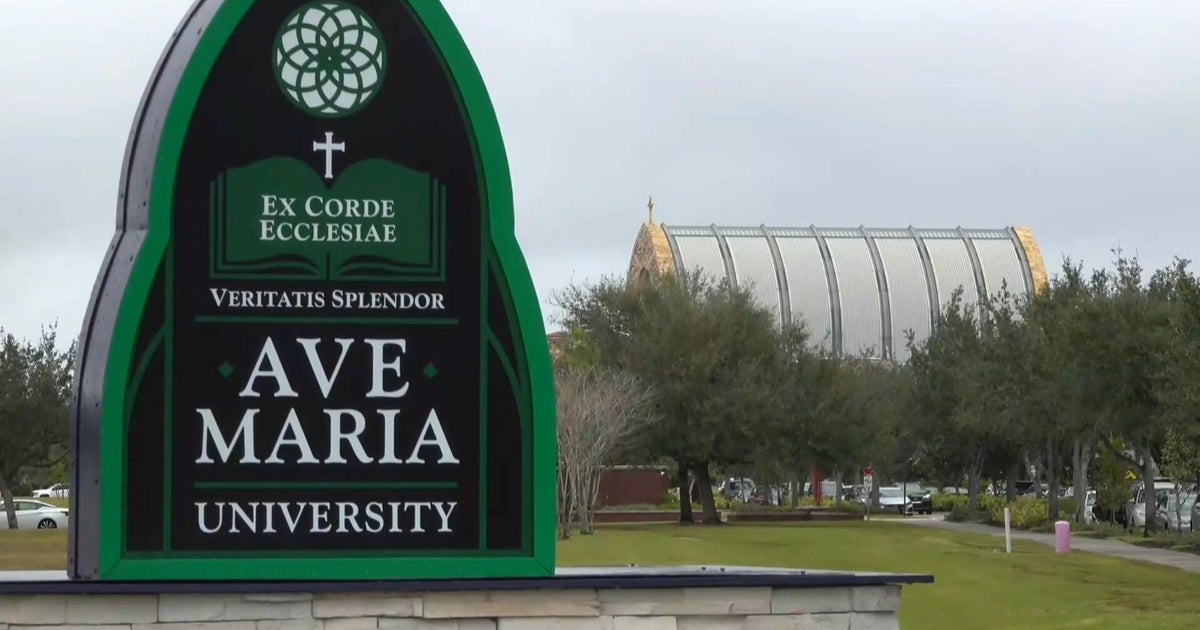"This land means a whole lot to me:" Property owners, advocates in Memphis fight to stop pipeline project
Clyde Robinson calls a green acre of land in southwest Memphis his legacy. It's been in his family since the 1930s.
"This land means a whole lot to me," he told CBS News' Adriana Diaz.
The 80-year-old is among several Memphis landowners fighting to keep a crude oil pipeline from cutting through their property.
Robinson and others, like Scottie Fitzgerald, said they are being robbed of their land and livelihood. "This, to me, it is hurtful. I am offended," Fitzgerald said.
The two energy companies overseeing the project plan to build a pipeline about 4 feet underground. It would stretch 49 miles in order to connect two existing pipelines transporting crude oil to the Gulf Coast.
The company Plains All American said the Byhalia Pipeline is "a safe, responsible way to meet the energy needs of our country" and said they're paying above market price to homeowners for access to their land.
But environmental activists and many locals said the pipeline companies are pressuring mostly Black property owners to build through their land while also putting Memphis' pristine drinking water at risk of contamination.
"We are facing one of the most significant environmental justice and environmentally racist projects in the country's present and history in Memphis, Tennessee," said Justin Pearson, co-founder of Memphis Community Against The Pipeline.
Pearson said Memphis is the largest municipality in the country to solely rely on groundwater for its drinking water. He said the pipeline would be built in an area where there are known breaches in the clay layer.
"And so there are holes where this contamination would more quickly get to our drinking water source than other places in the city or other places where they may operate pipelines. It is not true that this is safe," Pearson said.
Katie Martin, a spokeswoman for Plains All American, told Diaz that 97% of landowners have agreed to their project, and she said the company has talked to researchers and has done environmental studies that show the pipeline will not harm Memphis' drinking water, some of the cleanest in the nation, which comes from below ground.
"I've listened, and our company has listened and tried to hear everyone's concerns. We've rounded this in the most responsible way possible, we avoided environmental issues, we avoided landmarks, we avoided densely populated neighborhoods, and we really chose this path because we were able to use the vacant lots. It wasn't because we were targeting one group of people over another," she said.
Plains All American has offered to pay landowners for easements to access their land to construct the pipeline. Robinson said he was offered $8,000. Fitzgerald said she was offered $3,000. They both refused, and now the pipeline's lawyers have taken them to court.
"So eminent domain is used as an absolute last resort," Martin said. "We are still trying to negotiate with every landowner and trying to come to a mutually beneficial agreement with them."
Robinson and Fitzgerald disagree and said no amount of money will persuade them to allow the pipeline to cut through their land.
"I feel like you took something from me that was a legacy on down to- I have grandchildren. How could you do that? I wouldn't even think of doing another human being like that," Fitzgerald said.
Construction of the pipeline is still in limbo and, once it begins, will take about nine months.
Plains All America told CBS News this project will bring crude oil to families and homes across the southeastern part of the U.S.
Activists are hoping the Biden administration intervenes because it stopped the Keystone Pipeline project.



